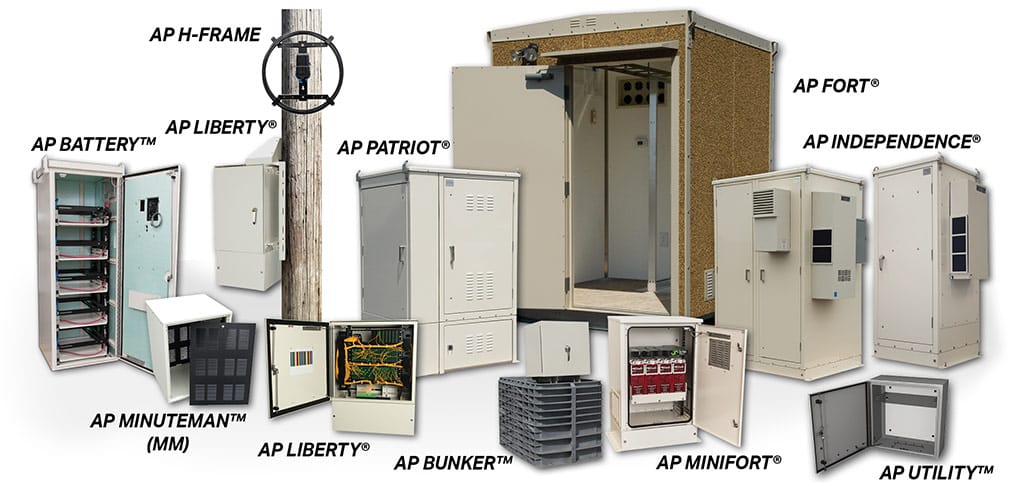Machined enclosures are essential components in various products, performing different purposes. These enclosures are mandatory in electrical devices, irrespective of size and complexity. These enclosures ensure resistance to harsh industrial environments and prevent electrical hazards.
What Custom Enclosures Use for?
Custom enclosures have varying uses in different industries. They protect and house electronic components, electrical equipment, or devices in various applications. Manufacturers often utilize custom electronics cases in consumer electronics, medical devices, automotive electronics, industrial control systems, etc. These custom machined enclosures protect these devices from environmental, electromagnetic, and radio frequency interference.
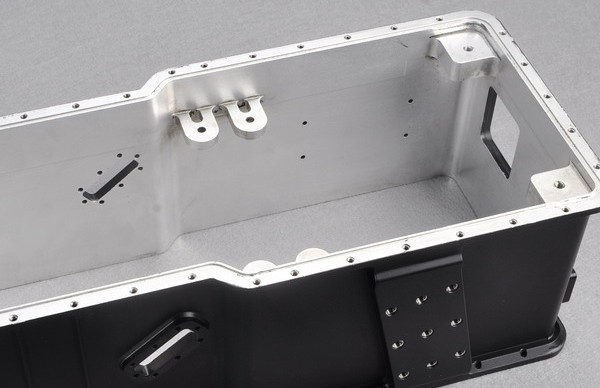
Manufacturers commonly use machined enclosures to enhance the physical appeal of products, ensuring they fit the intended purposes. Moreover, these enclosures aid optimal customization, allowing designers to meet specific product design requirements and dimensions facilitating efficient component assembly.
In addition, custom enclosures are ideal for protecting electronic components and devices, ensuring safety. They also prevent contaminants such as chemicals, dirt, moisture, and physical hazards, mitigating the risk of electric shock.
Different Methods for Custom Enclosure Manufacturing
Product engineers and designers adopt custom enclosure manufacturing methods that meet specific requirements. However, the ideal method is determined by design complexity, materials used, budget considerations, and the quantities of prototype to production.
Below are typical methods used in making custom enclosures:
CNC Machining
CNC machining processes use automated machines to produce custom metal enclosures with varying shapes and sizes. These processes are well-suited for making prototypes and low-volume enclosures with tighter tolerances and high accuracy.
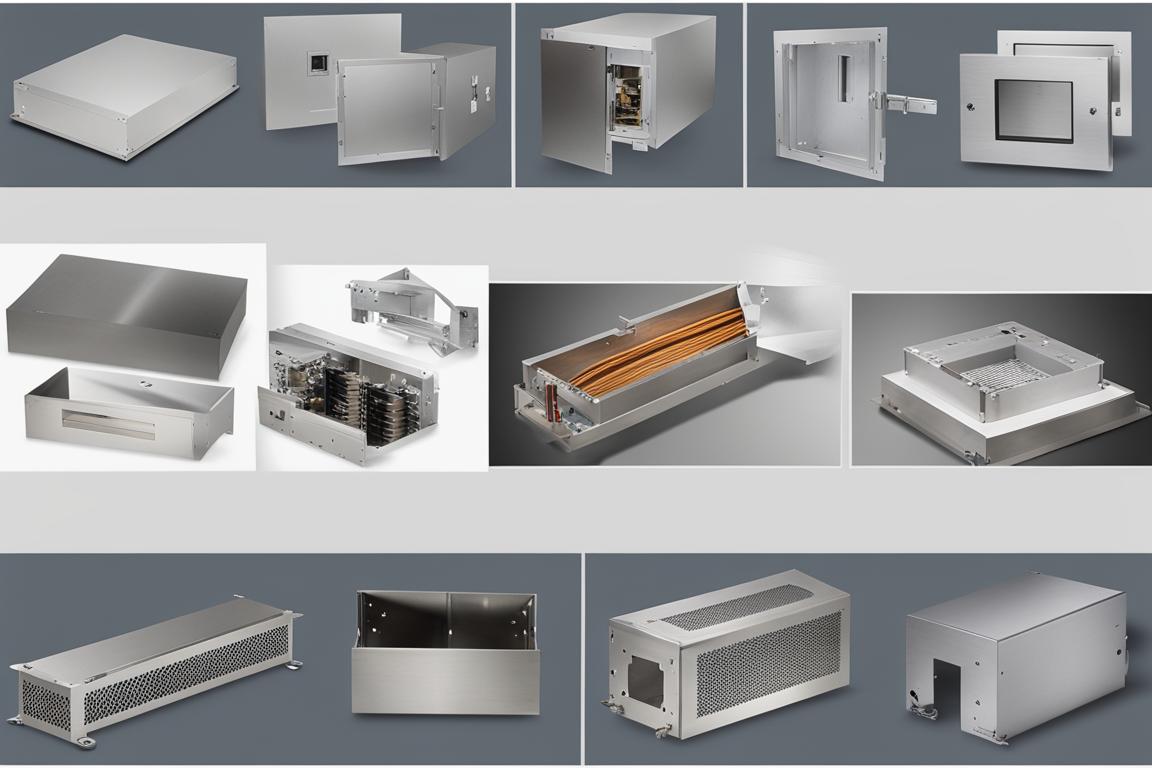
Sheet Metal Fabrication
Sheet metal fabrication is a widely embraced custom-machined enclosure. It involves bending or forming metals using specialized machines to produce custom electrical enclosures with preferred shapes. It is suitable for making durable enclosures with precise dimensions. This technique is usually cheaper than enclosures CNC machining. Typical sheet metals used in fabricating machined enclosures include carbon steel, stainless steel, and aluminum.
3D Printing
3D printing or additive manufacturing process creates a custom electronics box by building one layer above the other. This method is suitable for creating test prototypes, custom designs, and small amounts of enclosures with complex geometries.
This additive manufacturing technique offers greater speed and design freedom than most methods. Additionally, 3D printing allows the creation of custom enclosures with intricate details.
Vacuum or Urethane Casting
Vacuum casting is an effective custom enclosure manufacturing method that is quicker and more affordable than injection molding. This technique can produce low-volume enclosures easily. It is perfect for making medical devices and full-size robot enclosures.
Metal Materials Used in Custom Enclosures
There are different materials that are compatible with custom enclosures for various applications as long as you understand the requirements of your products. The best metals for enclosures are usually wear and corrosion-resistant due to exposure to specific working conditions. This section discusses the different metal materials suitable for custom enclosures.
Aluminum
Aluminum is a lightweight and corrosion-resistant metal with significantly low stiffness levels in certain conditions compared to steel. Although aluminum has varying grades, the 5052 and 6061 aluminum are the primary aluminum alloys commonly used in custom enclosures.
Moreover, these aluminum alloys are perfect for custom aluminum enclosures due to their corrosion-resistant and lightweight properties. However, you may need to anodize aluminum parts to enhance their durability and physical properties with protective coatings. More so, chromate coating is an ideal alternative for parts that require electrical contact.
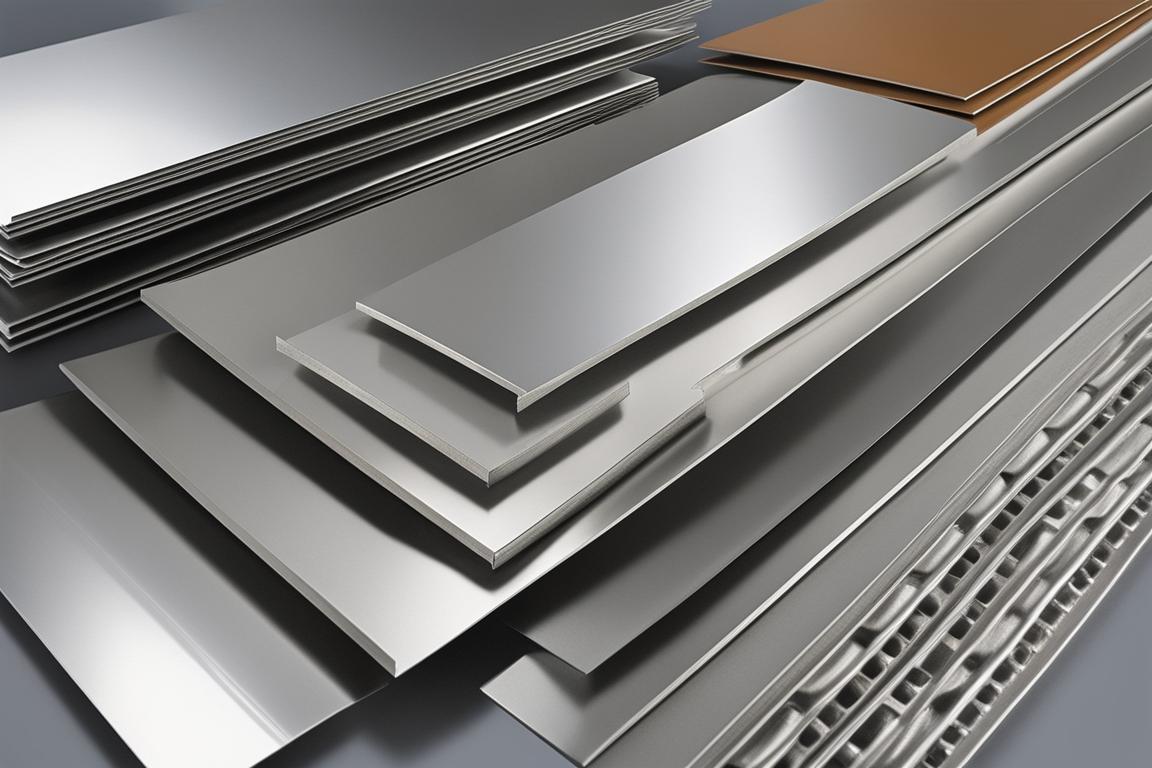
Stainless Steel
Stainless steel comprises nickel and chromium, which guarantees increased resistance to corrosion. Additionally, stainless steel provides greater tensile strength than aluminum. Hence, this material is ideal for custom enclosure design for applications with high-impact requirements. Besides, stainless steel components offer a grained finish.
Galvanneal Steel
This metal is a low-carbon steel with zinc coating and annealed. The annealing process ensures the zinc adhesion through diffusion into the substrate. As such, the zinc coating will not flake off during bending or forming. Therefore, Galvanneal is ideal for machined enclosures if your products need to function in wet conditions. More importantly, Galvanneal is also resistant to corrosion depending on its coating.
CRCA
Rolled close annealed steel material is perfect for indoor enclosures and parts. CRCA provides an ideal combination of strength and stiffness for machined enclosures. As such, indoor applications ensure their longest-term durability. However, CRCA lacks inherent corrosion resistance, it may rust if left uncoated.
Advantages of Custom Machined Enclosures
Custom machined enclosures are ideal for various applications due to their vast benefits. Below are some of the common advantages of custom-machined enclosures.
Design Flexibility
Product designers can tailor custom-machined enclosures to meet the housed components’ required dimensions, shapes, and demands. As such, the permitted customization level of custom machined enclosures facilitates efficient use of space and ideal integration of parts.
Precision and Accuracy
You can achieve high precision and accuracy in machining custom enclosures for various purposes. These enclosures are machined to the specifications of the housed components, allowing the internal components to be adequately held and protected.
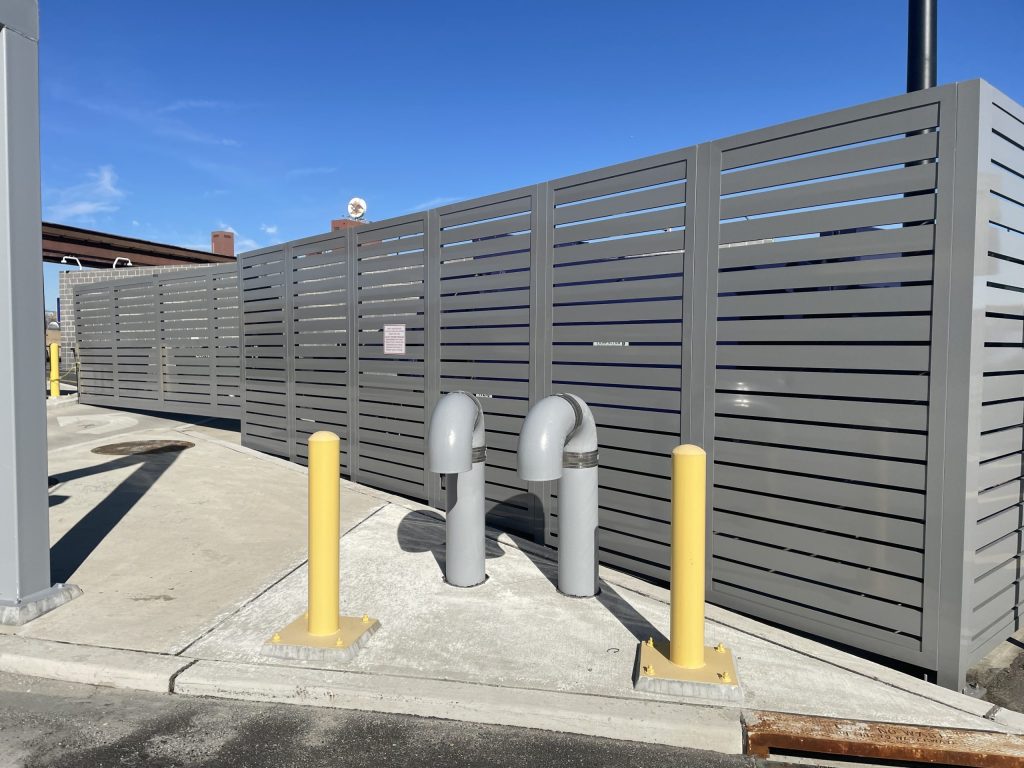
Material Versatility
Custom metal enclosures are compatible with various metals, including plastic, aluminum, and stainless steel, with properties like electrical insulation, corrosion resistance, and thermal conductivity. Therefore, considering aesthetics, weight, durability, and conductivity, you can choose the ideal material for your custom-machined enclosures.
Durability and Strength
Machined enclosures are usually solid and durable. As such, they are perfect for applications that require protection against wear and tear, physical impact, and harsh environments.
High-Quality Finish
Machining can create custom enclosures with shiny surfaces and professional finishes. More importantly, you can customize the surface finishes for machined enclosures for an aesthetically appealing appearance.
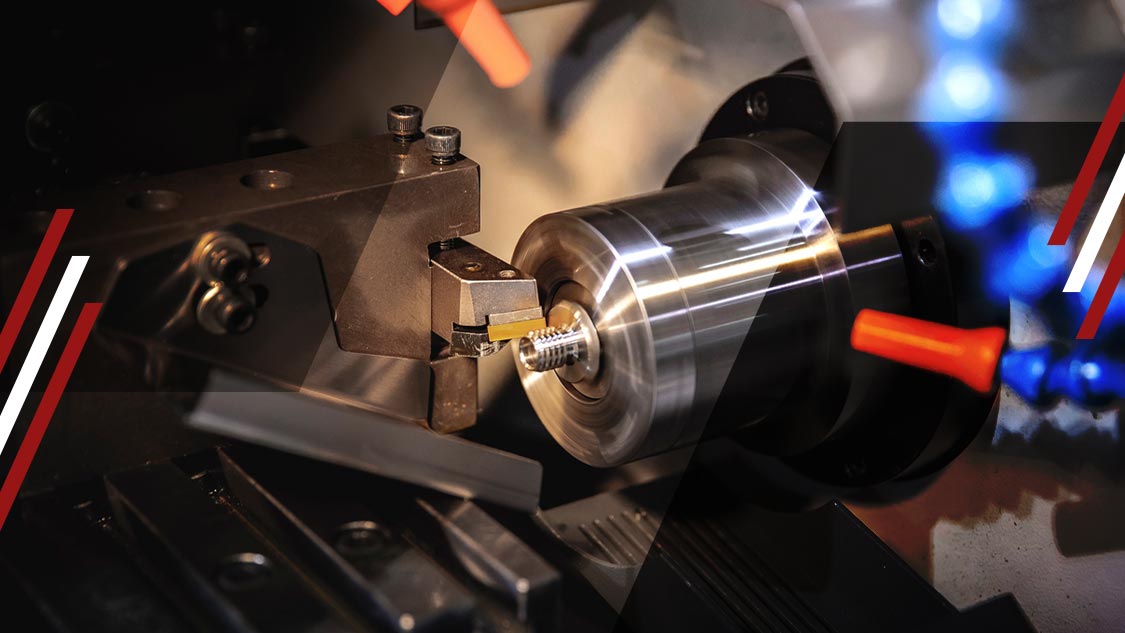
Better Heat Dissipation
Custom enclosures are ideal for housing components that emit heat. To improve heat dissipation, you can design various features including additional vents, heatsinks, and thermal management solutions.
Applications of Custom Enclosures
Custom machined enclosures are perfect for the different industries of electronics applications. These components often require organization, protection, and customization.
Medical Devices
Custom enclosures are ideal for housing diagnostic devices, medical equipment, and instruments. They ensure safety, sanitation, and compliance with medical regulations.
Telecommunications
Engineers often use enclosures for housing networking equipment, switches, routers, and communication parts. These enclosures aid organized cable management and protection.
